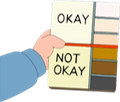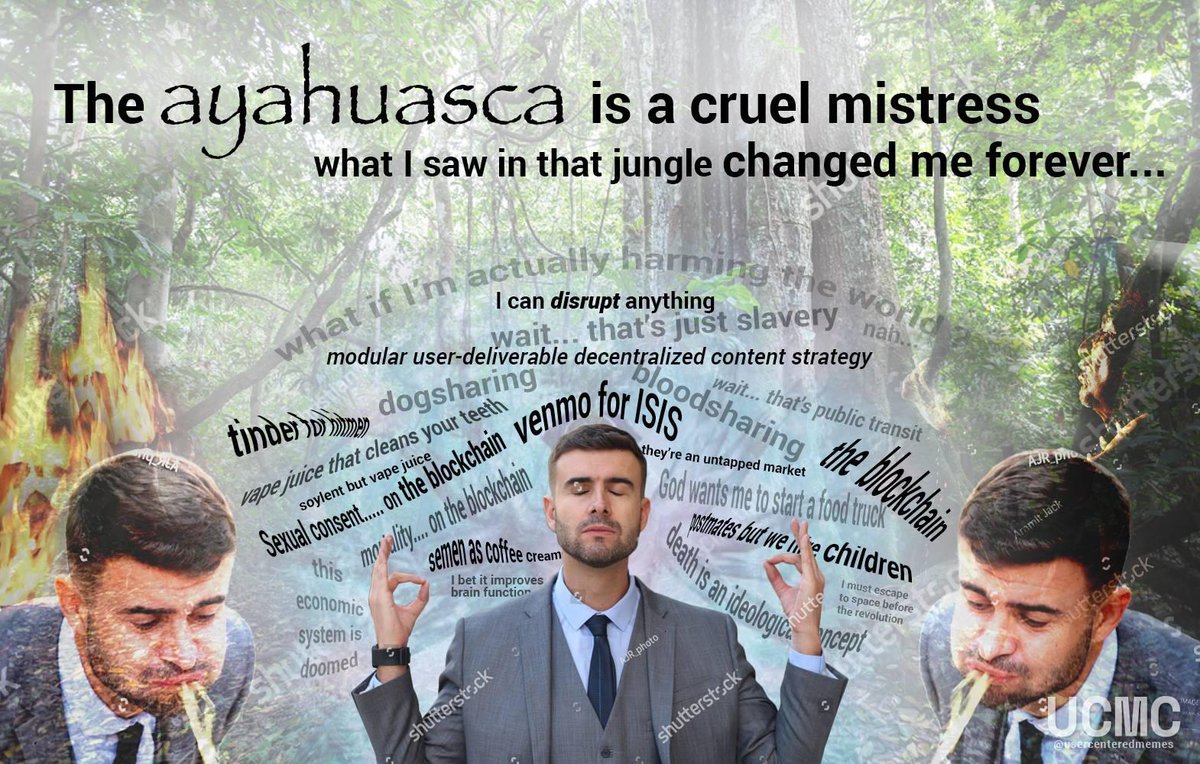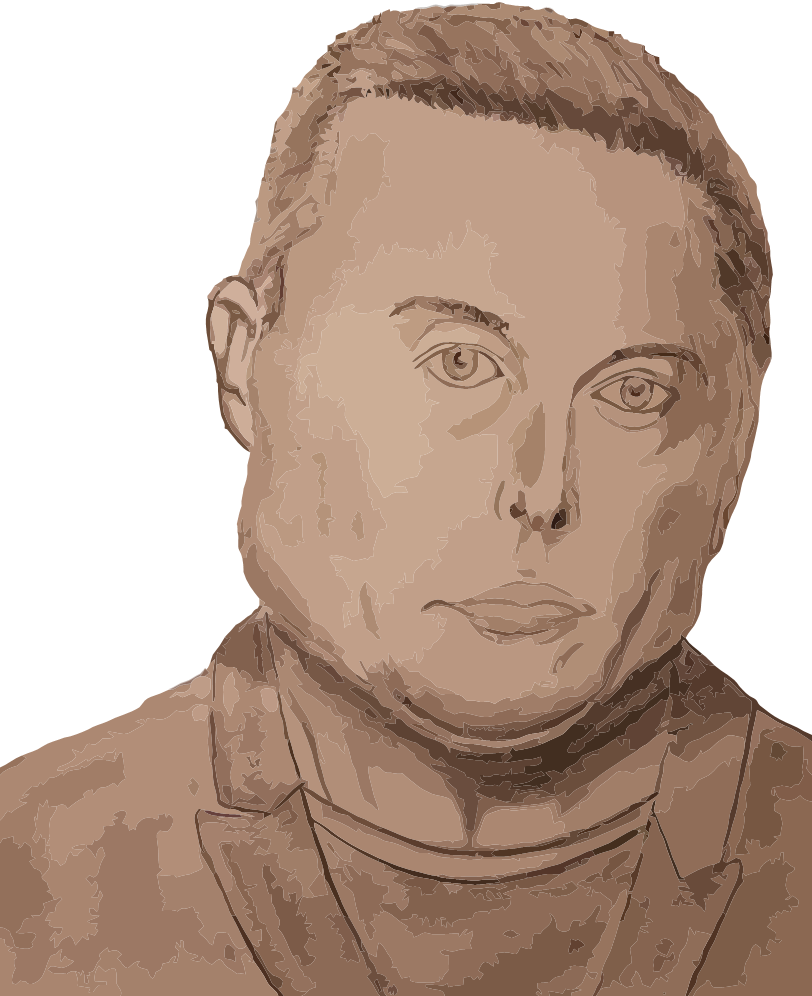“You want to know what this was really all about?” he asked with the bluntness of a man who, after public disgrace and a stretch in federal prison, had little left to protect. “The Nixon campaign in 1968, and the Nixon White House after that, had two enemies: the antiwar left and black people. You understand what I’m saying? We knew we couldn’t make it illegal to be either against the war or black, but by getting the public to associate the hippies with marijuana and blacks with heroin, and then criminalizing both heavily, we could disrupt those communities. We could arrest their leaders, raid their homes, break up their meetings, and vilify them night after night on the evening news. Did we know we were lying about the drugs? Of course we did.” -John Ehrlichman (served as White House Counsel and Assistant to the President for Domestic Affairs under President Richard Nixon)
I don't think that's the whole story, but that's at least part of it
 about it.
about it. kids getting caught smoking a joint.
kids getting caught smoking a joint.
 too. Lots of substances should be legalized, but calling any of them magic cure-alls is just over-correction.
too. Lots of substances should be legalized, but calling any of them magic cure-alls is just over-correction.